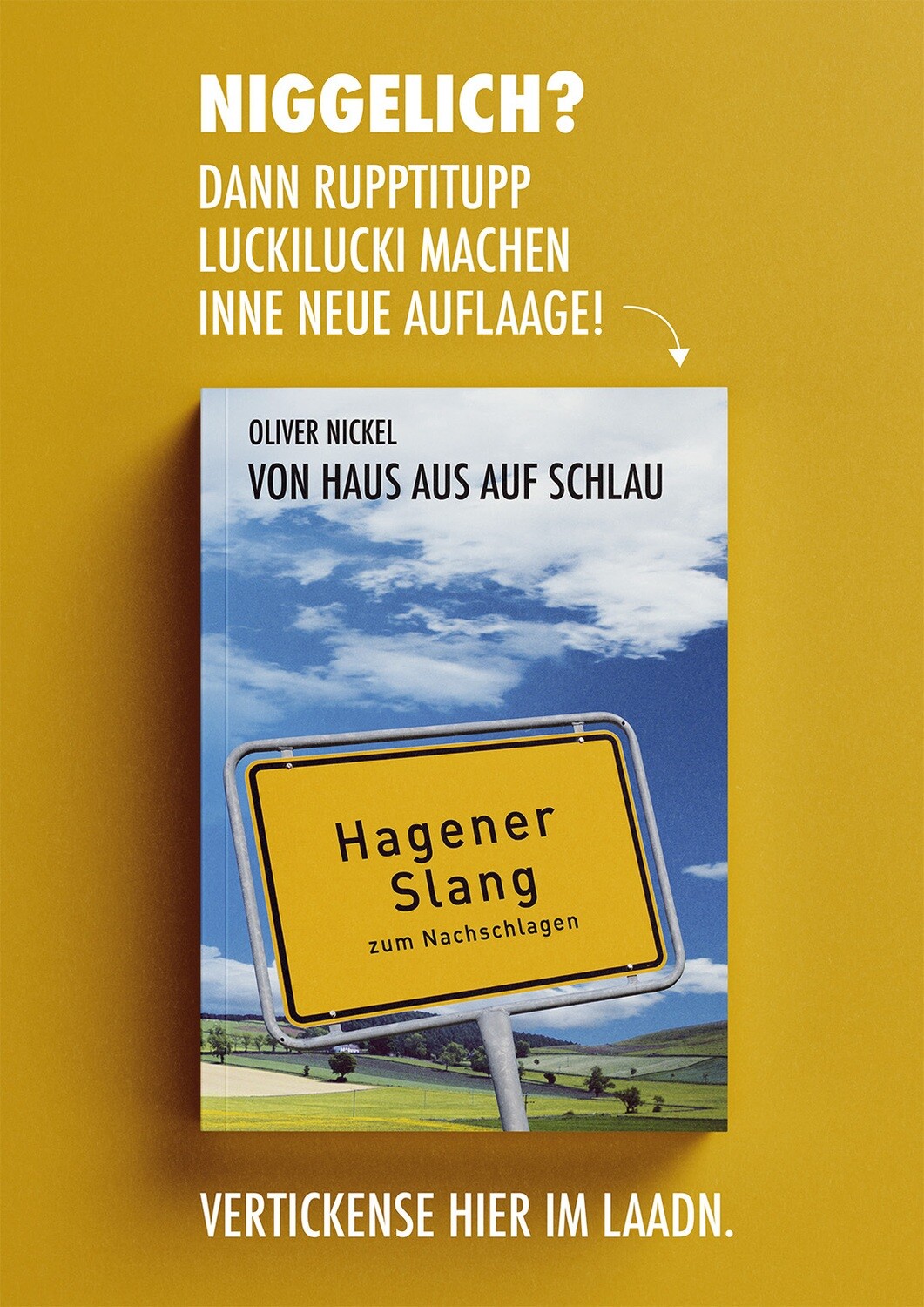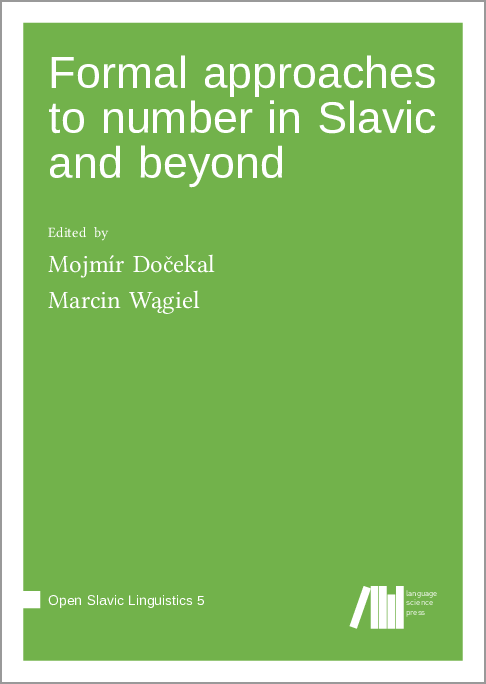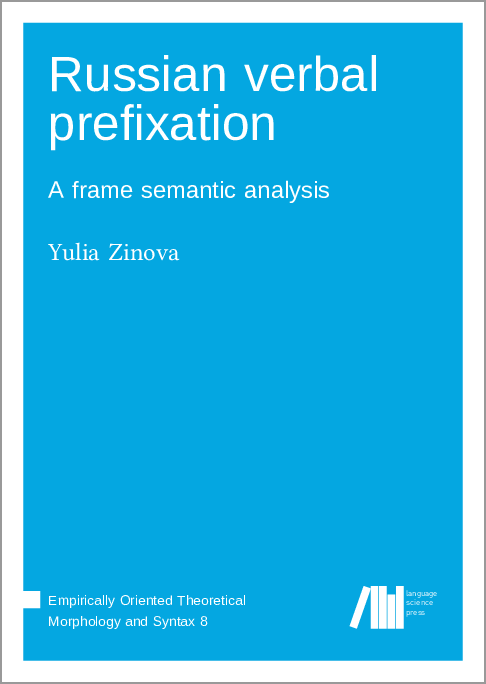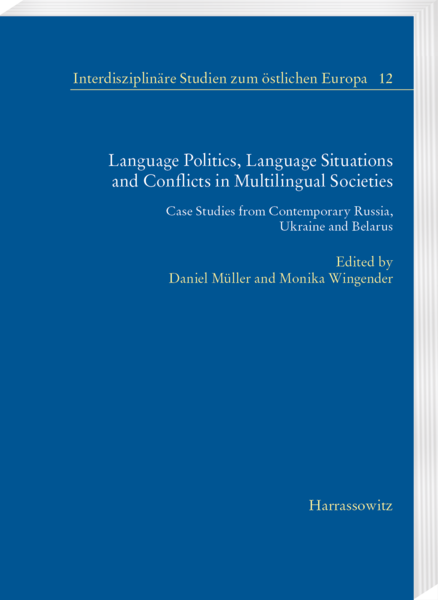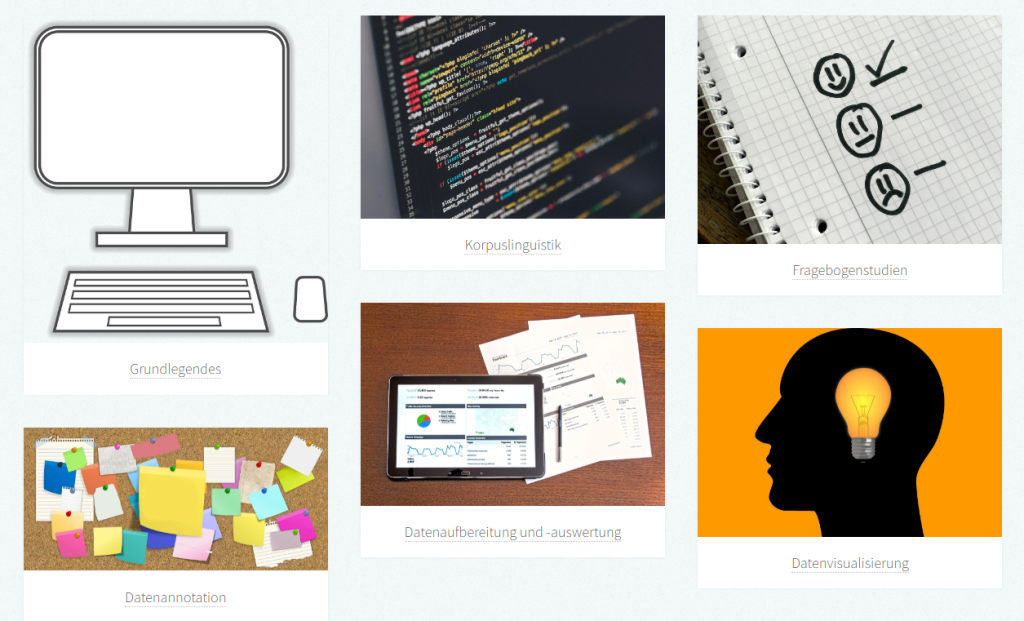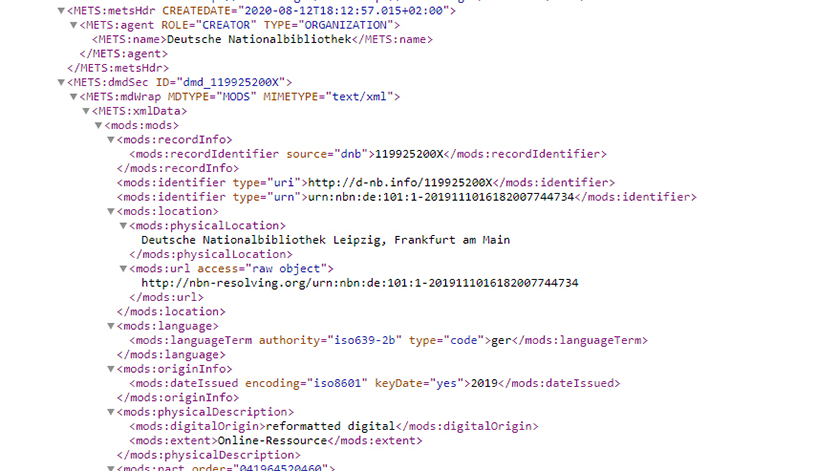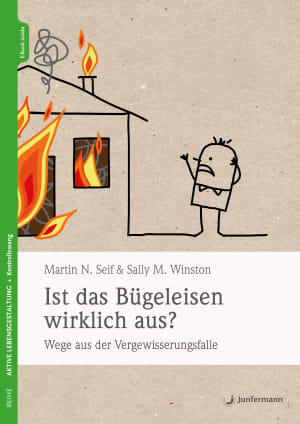 „Heute gehört „Die Möwe“ von Anton Tschechow zu den meistgespielten Stücken an deutschen Theatern. Das ist nicht selbstverständlich. Denn der Höhenflug beginnt mit einem Flop.
„Heute gehört „Die Möwe“ von Anton Tschechow zu den meistgespielten Stücken an deutschen Theatern. Das ist nicht selbstverständlich. Denn der Höhenflug beginnt mit einem Flop.
Im Oktober 1895 schreibt der Schriftsteller und Arzt Anton Tschechow ein neues Stück: „Eine Komödie, vier Akte, eine Landschaft (Blick auf den See); viele Gespräche über die Literatur, wenig Handlung, ein Pud Liebe.“ Ein besonderes Gewicht hat dabei die Liebe: Die russische Maßeinheit Pud entspricht gut 16 Kilogramm. Es ist eine subtile Studie über unglückliche Menschen, die in einem Landhaus zusammentreffen.
Die Figuren sehnen sich nach dem, was sie nicht haben. Die Theaterdiva Irina Arkadina gäbe alles dafür, wieder jung zu sein. Die Nachbarstochter Nina hingegen wünscht sich, Schauspielerin zu werden. Irinas Bruder Sorin wäre gern ein erfolgreicher Schriftsteller. Irinas Geliebter wiederum – der Schriftsteller Trigorin – fühlt sich vom Erfolg erdrückt und geht lieber angeln.
„Bosheit“ und „Hass“
„Man ist ein gefangenes Tier!“, lässt Tschechow den Schriftsteller Trigorin ausrufen. Die Freiheit einer Möwe hingegen erscheint der Figur als Glück. Die Uraufführung des symbolhaften Stückes am 17. Oktober 1896 gerät allerdings zum Desaster.
Für die Probe sind gerade einmal drei Tage angesetzt worden. Das Ensemble agiert, wie Tschechow findet, „widerwärtig und dumm“. Das Publikum reagiert mit Unmut. „Meine ‚Möwe‘ hatte in Petersburg, bei der ersten Vorstellung, einen Riesenmisserfolg. Das Theater atmete Bosheit, die Luft war explosiv vor Hass.“
Potenzial doch noch erkannt
Der Tumult ist so groß, dass Tschechows Schwester fürchtet, ihr Bruder könnte sich umbringen. Doch er erholt sich rasch: „Zu Hause habe ich Rizinusöl genommen, mich in kaltem Wasser gewaschen — und jetzt könnte ich sogar ein neues Stück schreiben.“
Schon bald nach der Uraufführung erkennt der Theater-Reformer Konstantin Stanislawski das Potenzial der „Möwe“. Mit ihr eröffnet er 1898 sein neugegründetes Moskauer Künstlertheater. Weil Tschechow inzwischen an Tuberkulose erkrankt ist, kann er bei der Premiere nicht dabei sein. Er hält sich im warmen Jalta auf.
Einen Spiegel vorhalten
Diesmal bricht nach der Aufführung Jubel aus. „Der Saal hallte wieder von aufgeregten Stimmen, die forderten, sofort ein Telegramm zu Tschechow in Jalta zu schicken. Die ‚Möwe‘ war rehabilitiert“, erinnert sich Schauspielerin Olga Knipper.
Tschechow wird als Dramatiker weltberühmt. Trotzdem findet er Stanislawskis Inszenierung zu rührselig: „Ich wollte etwas ganz anderes. Ich wollte einfach und ehrlich sagen: ‚Schaut euch an, seht doch, wie schlecht und langweilig ihr euer Leben führt!‘ “ Er selbst ist nicht apathisch: Als Landarzt behandelt er kostenlos Bauern, baut Schulen, ein Krankenhaus und eine Feuerwehrstation.“ (WDR, Christiane Kopka, Ronald Feisel)
Sie können die Sendung, die am 17.10.2021 in der Reihe „ZeitZeichen“ lief, über die Seite des WDR nachhören oder als Audiodatei herunterladen.
„Norden ist da, wo der Süden nicht ist. So einfach könnte es sein; doch was „der Norden“ ist, hat sich die Menschheit im Laufe von Jahrtausenden zusammengereimt und ‑erfunden. So entstand mit viel Fantasie ein bunter Strauß von Klischees, die unserem Nord-Bild bis heute anhaften.“

